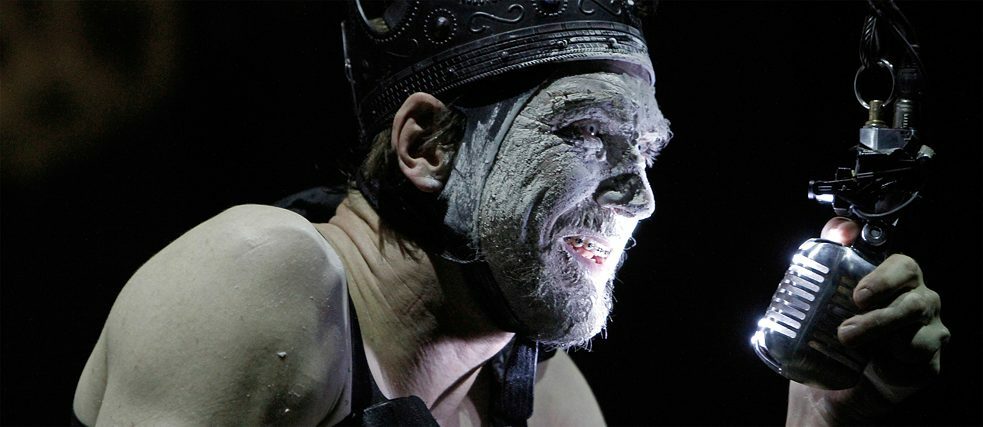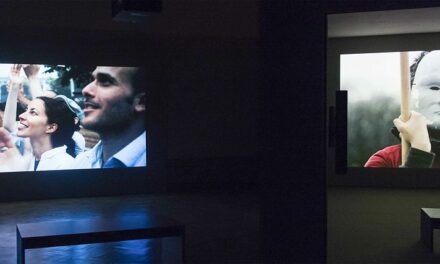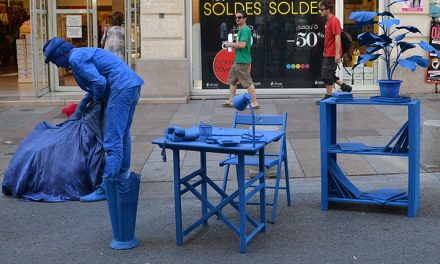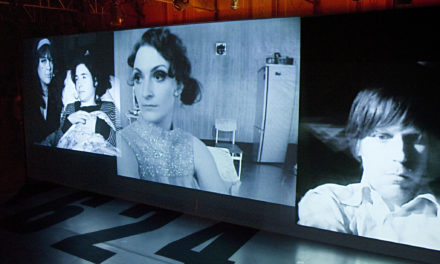Public funding and freedom of art–do the two sit well together? There is no right to state arts funding and cultural establishments face–hypothetically at least–a constant threat of cuts. Labor‑intensive activities like theatre are particularly affected.
Germany can pride itself on having a performing arts scene second to none. Hence the country’s application in 2018 to have its theatre and orchestra landscape put on UNESCO’s Intangible Cultural Heritage List. A decision on that is expected at the end of 2019. Theatre lovers in Germany can count themselves lucky to have such a variety of venues and productions to choose from. Thalia Theater in Hamburg, Schauspielhaus Bochum, Düsseldorfer Schauspielhaus–unlike in England and France with their centralized theatre scenes, theatre in Germany is not clustered in the capital.
In 2015, Germany’s Commissioner for Culture and the Media launched a biennial theatre award specifically focusing on the achievements of smaller theatres outside the big cities. The aim is to ensure broad public access to the theatrical arts. Dramaturg and writer John von Düffel points out German theatre’s special position in the international scene:
“Germany’s federal theatre landscape is an expression of the intellectual and cultural life of the country’s diverse cities and thus maybe the last thing that distinguishes pedestrian precincts here from those in other countries.”
HARDLY ANY THEATRE SURVIVES WITHOUT STATE SUBSIDIES
But how is that impressive theatre landscape financed? State-owned theatres, theatres for music and dance, opera, operettas, and musicals, and even private theatres are wholly or partly state-subsidized. The structure of that support is federal because arts funding falls within the remit of Germany’s 16 federal states. According to the 2018 cultural finance report, state and local authorities earmarked € 3.7 billion of general budgetary resources for theatre and music in 2015. That is 35.4 % of total public expenditure on culture.
Performing arts venues are dependent on this support: theatre is a costly business, payroll costs, in particular, can be colossal. Many theatres cannot afford a permanent ensemble. Admission charges at the average state-owned theatre are subsidized to the tune of 80%. An increase in ticket prices alone could not possibly recoup union-rate payroll costs.
“ART IS FREE, IT NEED NOT PLEASE AND MUST NOT SERVE”
State support is thus necessary to preserve the diversity of the theatre scene. But it also means that theatres are often the first to feel the pinch when a red pen is wielded. In budget debates, MPs frequently demand greater cost-effectiveness, raising questions like: Does this theatre production need to be so expensive? Why do we put on so many plays when ticket sales are falling? Does every little provincial town really need its own theatre?
Such questions are fundamentally dismissed by subscribers to the Brussels Declaration – For The Freedom Of the Arts petition. They point out that freedom of art is enshrined in the constitution and insist that the state should not interfere in content. The declaration states that “politics should not judge art, let alone seek to instrumentalize it through stipulations. […] Art is free: it does not have to please us, and it must not be understood as something that serves us.” The initiators of the initiative, Erhard Grundland Claudia Roth, spokespersons on cultural policy and foreign cultural policy for Alliance 90/The Greens, currently see a major threat from right-wing nationalists. The Alternative for Germany party (AfD), for example, calls for arts subsidies to be made dependent on content. Which prompts Grundl and Roth to warn that “the ideological fight against the freedom of the arts poses a threat to our cultural landscape –and thus also to one of the foundations of our society. We will defend ourselves against this.”
There are around 140 publicly funded theatres in Germany. They include municipal theatres, state theatres and regional theatres. In addition, there are some 220 private theatres, around 150 theatres and venues without permanent ensembles and approximately 100 touring and guest performance stages with no permanent home which are also eligible for state support. In 2015, total state subsidies for theatre and music in Germany ran to € 3.7 billion.
This article appeared in Goethe Institut on March 2019, and has been reposted with permission.
This post was written by the author in their personal capacity.The opinions expressed in this article are the author’s own and do not reflect the view of The Theatre Times, their staff or collaborators.
This post was written by Nadine Berghausen.
The views expressed here belong to the author and do not necessarily reflect our views and opinions.


















